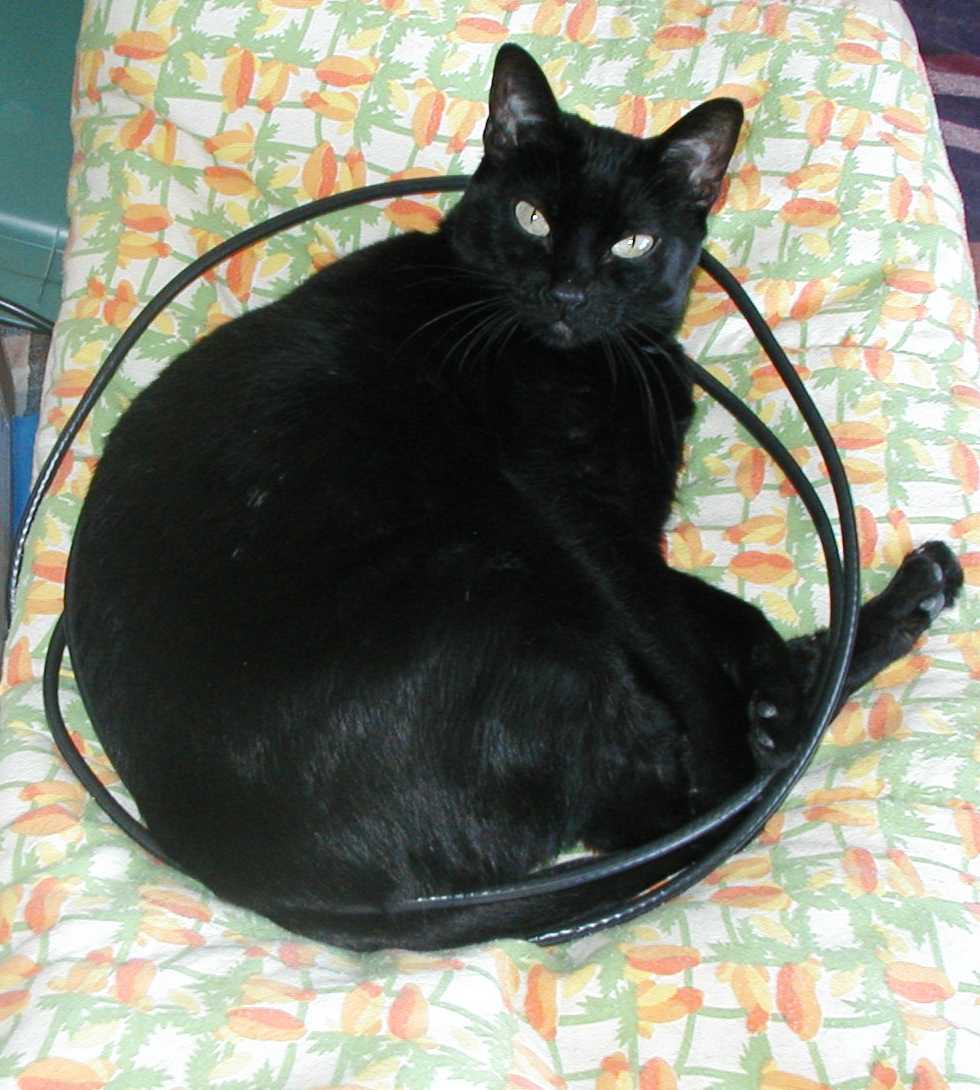I don’t know why I felt the need to post this; perhaps because I spent yesterday reviving and relighting old clone (remember when we called them “clones”?) boxes, including my first foray into Windows 95, an old Packard Bell Pentium 233 (but with MMX technology, werd) which I bought to go in my first apartment in 1998.
This journal entry was written on an old 286-10 box running MS DOS 4.0 and LotusWorks. But I guess we’ll come to that by and by.
. . . .
January 24, 1992
I laid to rest an old friend today. A friend I had known for years, since the beginning of high school. A friend that was always there for me, that I could depend on for a little recreation when I needed it, to impose logic on the topsy-turvy world that adolescence too often proves to be has been placed in the box.
I do not speak of a friend placed in his or her coffin, but rather of my old Commodore 64 home computer. I prefer to think of it as a personal computer, or even a friend. We shared a lot of time together, and I began to feel affection for it, I have discovered now that I have had to put it in the closet.
We first met toward the end of my middle school career in a little hamlet in Missouri where there were few actual people to waste my time on. It was a Christmas gift from my mother, a treasure than in its prime of its technology, the creme-de-la-creme of personal computers. Its actual position in the marketplace and high standing among its users was of little concern to me. It was a COMPUTER. And it was MINE.
It is hard to trace the actual roots of my affection for it in our early relationship. We played a few games together, trivial things now that I reflect on them. But a bond was developing as I fought my way through waves of defending Russians in Rush’N’Attack and evil martial artists in Yie Ar Kung Fu. My old Commodore kept me entertained on nights when the rain rumbled upon the roof of our mobile home or when I was grounded for some minute infraction of the house rules.
Then, as the time we had known each other became measured in months and then years, I grew to learn more about it. Commodore Basic 2.0 was my second language and Spanish only my third. I learned how to program it and make it do what I wanted. It was a novel way of impressing my family, a modern version of the old after-dinner talent shows. Aunts and uncles would come into my room to see what incredible feats I could perform with my toy. We were a team, a Mutt-and-Jeff, a duo, inseparable. I was the brains and it was the brawn.
As most children (or at least those who read the Great Brain books by John D. Fitzgerald) are, apt to consider themselves bold entrepreneurs, we became partners in a series of hare-brained schemes to make ourselves rich. The abortive attempts included a weekly advertising circular, which my Commodore could not handle with any success, and a pay-per-download program service. Neither got very far, but it was not due to a lack of an effort by my faithful computer. The only way it could help me in my attempts at wealth was a secondary position in my lawn-mowing business as a sign-maker.
It helped me with school, too. I used its word-processing abilities to write papers throughout high school, printing them in low-quality dot matrix type when other students were still handing in handwritten research papers. It also saw my first stumbling attempts at novels, hidden away somewhere yet on disks for future generations to view and snicker.
Our relationship faltered as I moved on to college. My time dwindled and my needs changed. I bought a new computer that now occupies the center of my desk, the old Commodore banished to some dark corner of my new room. Our relationship did not die suddenly, for it was still present if I needed a quick game of Tetris to easy my mind or distract me from some impending paper. The usage dwindled, however, and its main function of late has been acting as a dust cover for the corner of a desk. When it came time to clean my room, I came to terms with the distance between us and finally had to make the decision to put it away.
With heavy heart I unplugged the various cords and carefully wound them. I placed the components of the Commodore in its new home gingerly, fearing I might damage its fragile innards by this simple act as opposed to the numerous falls it has suffered over the years. I looked at all the software I had acquired over the years, some games unsolved and some utilities unopened. I then sifted through the stacks of computer related printouts I had accumulated, the half-completed programs and game notes offering a testimony to its past usefulness, and almost pleading for a reprieve.
If the computer were alive, it would dread the threat of the box. I will probably never use it again. The box is a veritable coffin for computers, the bottom of the closet its graveyard. It now rests in peace with my old TIs, other relics of the early years of the computer revolution. I fear I will not use it again, only store it until such a time as I no longer care about it enough that I can throw it away.
Just plastic and silicon and little chips. The dreams and aspirations, the triumphs and tragedies of a million games and a million dreams shared. Goodbye old friend.
If it brings a tear to your eye, you’re definitely a geek. Probably reading this on a Linux box, too, you psycho.



